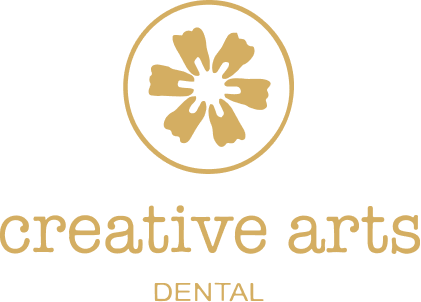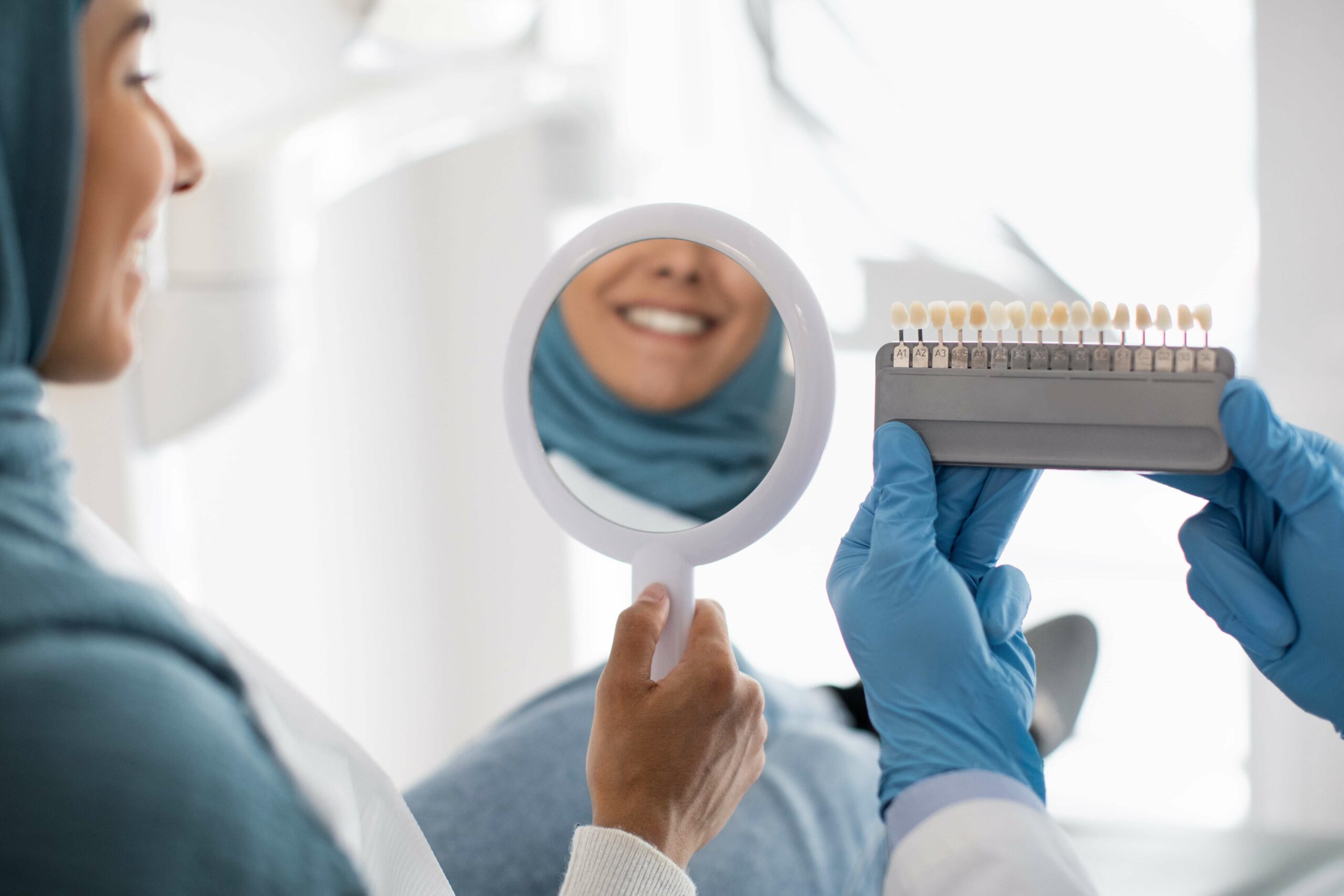For patients, the dental field can be a confusing jungle of jargon. When you go to the dentist, you may hear the term “restorative dentistry,” especially if you have damaged or missing teeth. But what precisely does it entail? And how can it help you? Let’s get started!
Understanding Restorative Dentistry: When your dentist mentions’ restorative work,’ he or she is referring to the treatments used to restore or replace damaged or missing teeth. This is done to restore your smile’s natural state and functionality. Restorative dentistry offers a variety of options adapted to each patient’s specific needs, ranging from basic fillings to more complex dental implants.
The Need for Restorative Procedures: In addition to the apparent cosmetic concerns, untreated dental diseases can result in:
Missing teeth can cause nearby teeth to shift, resulting in biting issues.
Damaged teeth can serve as a breeding ground for bacteria, leading to cavities and infections.
Issues with Confidence: A lost or damaged tooth can make you feel self-conscious about your smile.
Restorative dentistry at dntl bar: The dntl bar is outfitted with cutting-edge technology and skilled personnel to deliver top-tier restorative dentistry treatments. Whether it’s a small filling or a more complete treatment like an implant, our services are personalized to ensure your comfort and fulfill your unique needs.
What Is the Difference Between Restorative and Cosmetic Dentistry?
Restorative dentistry focuses on repairing and restoring damaged or missing teeth caused by medical needs, whereas cosmetic dentistry focuses on improving the appearance of the teeth and smile. Both are important, but their principal purposes are different.
Maintaining Your Dental Restorations:
To maintain the longevity and effectiveness of your restorative dental work:
Consistent Oral Hygiene: This involves brushing and flossing on a regular basis to minimize plaque buildup, especially around restorations.
Avoid eating items that are overly firm or sticky to avoid damaging your dental treatment.
Regular dental check-ups guarantee that your restorations are in great condition and that any difficulties are addressed as soon as possible.
Use fluoride mouthwash to help prevent cavities and reduce bacteria in your mouth.


